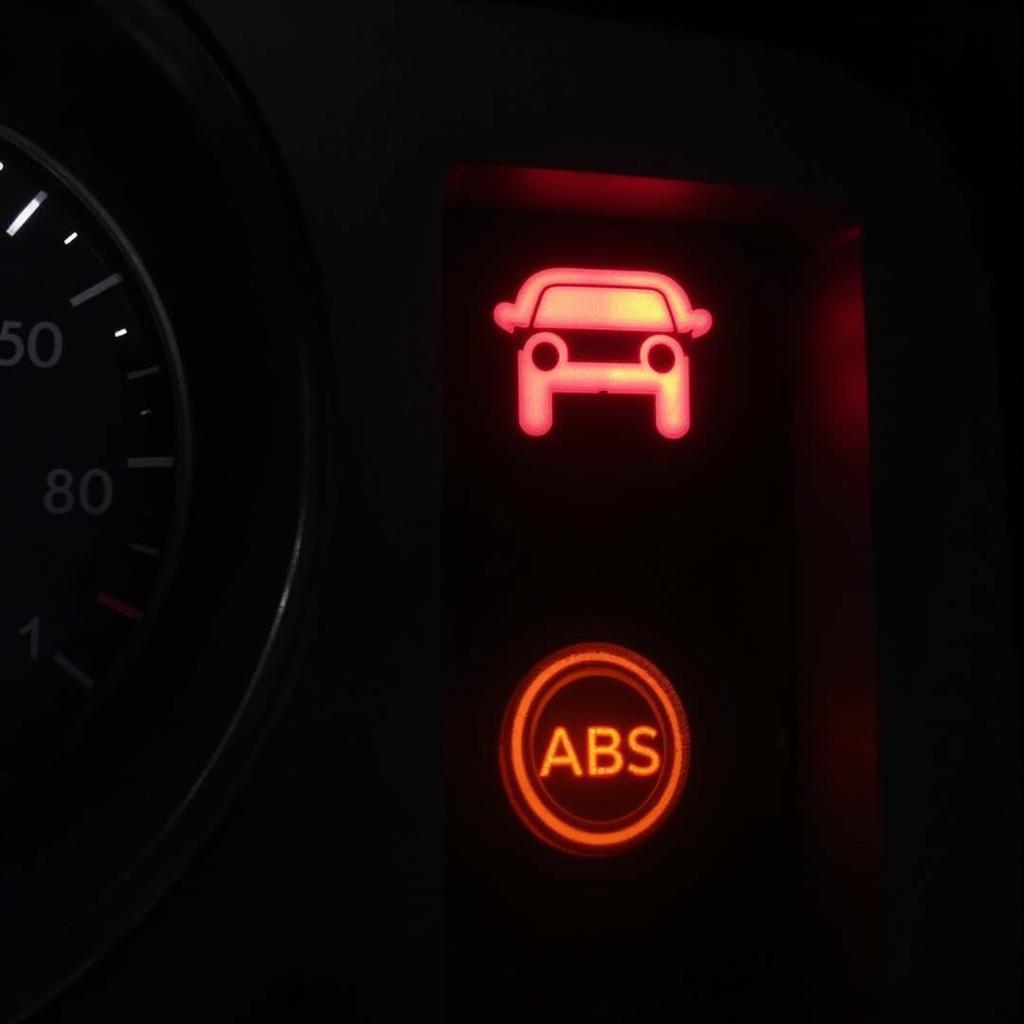The 2017 Nissan Rogue is a popular compact SUV known for its reliability and practicality. However, like any vehicle, it can occasionally experience issues, and one common problem involves the key fob. Whether your key fob is unresponsive, intermittently working, or displaying other unusual behavior, this guide will provide you with comprehensive troubleshooting steps and solutions to get you back on the road quickly.
Common 2017 Nissan Rogue Key Fob Problems
Before we dive into the solutions, it’s helpful to identify some of the common issues you might be experiencing with your 2017 Nissan Rogue key fob:
- Key Fob Won’t Unlock or Lock Doors: This is often the first sign of a problem, indicating a potential issue with the key fob battery, programming, or signal reception.
- Intermittent Key Fob Function: If your key fob works sometimes but not others, it could point to a weak battery, a loose connection, or interference from other electronic devices.
- Key Fob Not Detected: In some cases, the vehicle may not detect the key fob at all, preventing you from starting the engine or using push-button start. This could be due to a faulty key fob, a problem with the vehicle’s receiver, or a need for reprogramming.
- Key Stuck in Ignition: While less common, a malfunctioning key fob can sometimes cause the key to get stuck in the ignition.
Troubleshooting Your 2017 Nissan Rogue Key Fob
Here’s a step-by-step guide to help you troubleshoot your key fob problems:
1. Check the Battery
The most common culprit behind a malfunctioning key fob is a dead or dying battery.
- Locate the battery: Open the key fob using the release button or notch and identify the battery type. The 2017 Nissan Rogue typically uses a CR2032 battery.
- Test the battery: Use a multimeter to check the battery voltage. A reading below 3 volts indicates a weak battery that needs replacement.
- Replace the battery: If needed, carefully replace the battery with a new one, ensuring correct polarity.
After replacing the battery, test the key fob’s functionality. If the problem persists, move on to the next step.
2. Reprogram the Key Fob
Sometimes, the key fob might lose its programming, requiring you to reprogram it to your 2017 Nissan Rogue. While you can consult your owner’s manual for specific instructions, here’s a general overview of the process:
- Get in the vehicle: Sit in the driver’s seat with all doors closed and the windows rolled up.
- Insert and remove the key: Insert the physical key into the ignition cylinder and remove it six times within ten seconds.
- Turn on the ignition: Insert the key and turn the ignition to the “ON” position without starting the engine.
- Wait for the hazard lights: The hazard lights will flash if you’ve successfully entered programming mode.
- Press the lock button: Press and hold the lock button on the key fob you want to program.
- Release the lock button: Release the lock button after hearing a chime or seeing the hazard lights flash again, indicating successful programming.
- Repeat for additional fobs: Repeat steps 5-6 for any other key fobs you want to program.
- Turn off the ignition: Turn the ignition off, remove the key, and test all the programmed key fobs.
3. Check for Interference
Electronic devices and certain environments can sometimes interfere with the signal between your key fob and the vehicle.
- Move away from electronic devices: Move away from devices like laptops, cell phones, and Bluetooth speakers that might be causing interference.
- Test in a different location: Try using your key fob in a different location, as some areas might have stronger electromagnetic fields that can disrupt the signal.
4. Inspect for Physical Damage
Physical damage to your key fob or the vehicle’s receiver can also lead to malfunctioning.
- Check for physical damage to the key fob: Inspect your key fob for cracks, dents, or water damage, which can impact its circuitry and functionality.
- Inspect the key fob battery contacts: Ensure the battery contacts inside the key fob are clean and free of corrosion. You can use a cotton swab and rubbing alcohol to clean them gently.
When to Consult a Professional
If you’ve exhausted all troubleshooting steps and your 2017 Nissan Rogue key fob is still not working correctly, it’s best to consult a qualified automotive locksmith or your Nissan dealership. They have the expertise and specialized equipment to diagnose and repair more complex issues, such as:
- Faulty key fob: A professional can determine if your key fob needs to be replaced entirely.
- Malfunctioning vehicle receiver: Issues with your vehicle’s receiver, which reads the signal from the key fob, might require professional repair or replacement.
- Immobilizer system problems: Modern vehicles like the 2017 Nissan Rogue are equipped with immobilizer systems that prevent theft. Problems with this system can also lead to key fob issues and require specialized attention.
Tips for Maintaining Your Nissan Rogue Key Fob
Here are a few tips to help you prolong the life of your key fob and prevent future issues:
- Regularly replace the battery: Don’t wait for your key fob battery to die completely before replacing it. Aim to replace it every two to three years as a preventative measure.
- Avoid exposing your key fob to extreme temperatures: Excessive heat or cold can damage the battery and internal components of your key fob.
- Keep your key fob dry and protected: Moisture and physical impact can also damage your key fob. Use a protective case and avoid dropping it or exposing it to water.
By following these tips and the troubleshooting steps outlined in this guide, you can effectively address most key fob issues with your 2017 Nissan Rogue and ensure seamless vehicle access and operation. However, always remember that consulting a professional is recommended for complex issues or if you’re unsure about performing any troubleshooting steps yourself.


